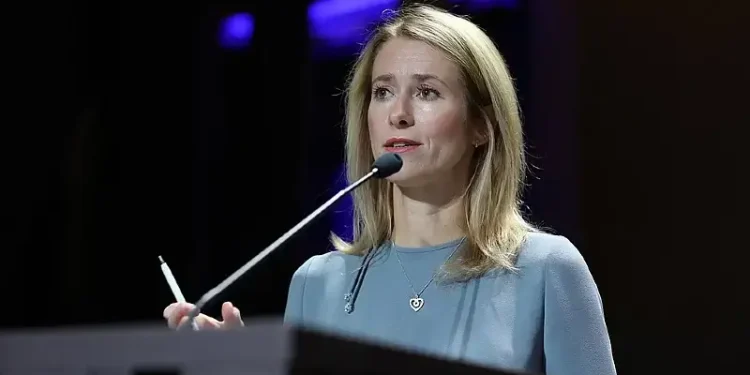Brussels hosted the 13th Strategic Dialogue between the European Union and China on 2 July.
The high-level meeting, co-chaired by EU High Representative and Vice-President Kaja Kallas and Chinese Foreign Minister Wang Yi, aimed to address vital global challenges and prepare for the upcoming leaders’ summit later this month.
The talks reflected the EU’s ongoing commitment to engage constructively with China, despite rising tensions in several key areas.
Focus on Trade and Economic Balance
Economic concerns dominated much of the discussions. Kaja Kallas stressed the urgent need to rebalance EU-China relations, calling for fair trade practices and improved market access.
The EU raised significant concerns over China’s restrictions on rare earths exports, which play a crucial role in European industries and global supply chains. These restrictions, according to Kallas, threaten the reliability of essential materials and create unfair trade conditions.
The EU’s economic priorities include:
-
Ensuring reciprocity in trade relations
-
Addressing distortive practices affecting European companies
Security and Geopolitical Concerns
The Ukraine conflict was a central topic, with the EU expressing alarm over reports of Chinese companies supporting Russia’s military-industrial complex.
Kallas urged China to halt all material assistance to Russia and instead support efforts for a just and lasting peace.
In parallel, the leaders exchanged views on Middle East talks, welcoming signs of de-escalation between Israel and Iran.
Kallas reaffirmed the EU’s support for renewed nuclear negotiations with Iran and emphasized the vital role of the International Atomic Energy Agency in monitoring compliance.
Details of the Discussions
| Discussion Highlights | Details |
|---|---|
| Trade Relations | EU seeks balanced economic ties and fair access |
| Rare Earths Exports | EU opposes Chinese export restrictions |
| Ukraine Conflict | EU urges China to end support for Russia |
| Middle East Talks | EU backs nuclear negotiations with Iran |
| Human Rights China | EU raises concerns over human rights issues |
Taiwan and Human Rights
Kallas reiterated the EU’s One China policy, while firmly opposing any unilateral changes to Taiwan’s status quo. She also highlighted European concerns over human rights in China and growing hybrid threats linked to Chinese influence in Europe.
These remarks underline Europe’s cautious approach to managing strategic competition while keeping diplomatic channels open.
Next Steps for EU-China Relations
Despite clear differences, both sides agreed to continue dialogue on global challenges, trade relations, and regional security. With the upcoming EU-China leaders’ summit on the horizon, the tone set in Brussels signals cautious but necessary engagement.
For more updates on EU-China relations, global diplomacy, and European security, follow our latest reports.
Sources: European Union.
Prepared by Ivan Alexander Golden, Founder of THX News™, an independent news organization delivering timely insights from global official sources. Combines AI-analyzed research with human-edited accuracy and context.








